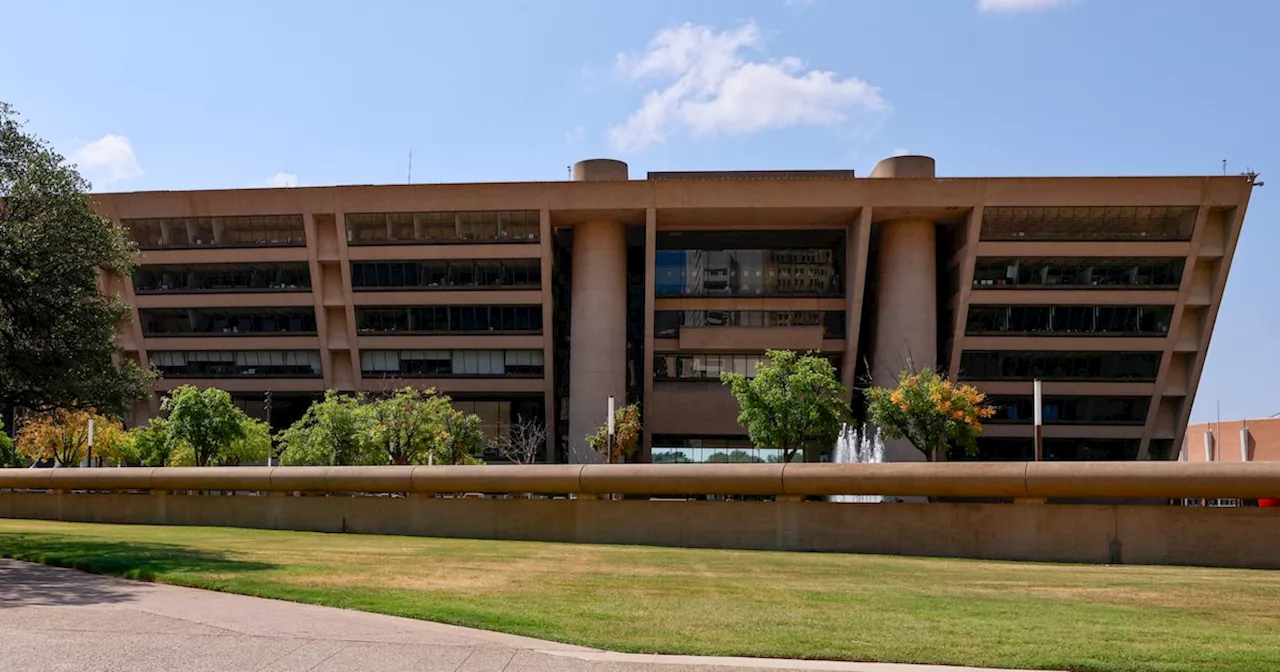A recent series of community discussions has highlighted critical issues affecting local residents, including access to antidepressants, the integrity of ballot counting, and the management of trash collection in alleyways. These topics have emerged as priorities for local governments and health organizations, calling for immediate action to improve the well-being of citizens.
Access to Antidepressants Under Review
The availability of antidepressants has come under scrutiny in several regions. Health officials have reported a rise in mental health concerns, with statistics indicating that approximately one in five adults experience depression or anxiety at some point in their lives. Local health organizations are advocating for improved access to mental health resources, including antidepressants, to ensure that those in need receive timely assistance.
According to the World Health Organization, mental health disorders have seen an increase globally, emphasizing the importance of accessible treatment options. Community leaders are urging policymakers to consider legislative changes that would streamline the prescription process and increase funding for mental health services.
Ensuring Integrity in Ballot Counting
In addition to health concerns, the integrity of the electoral process has prompted discussions among local judges and election officials. With elections approaching, officials are implementing measures to ensure transparent and accurate ballot counting. A recent study by the Electoral Commission found that over 70% of voters expressed concerns about the reliability of the voting process.
Local judges are emphasizing the importance of public confidence in elections. They are working closely with election monitors and community volunteers to oversee the counting process, ensuring that every vote is accounted for. This collaborative approach aims to enhance voter trust and participation in the democratic process.
Trash collection in alleyways has also become a pressing issue. Residents have reported increasing amounts of litter and waste, affecting community aesthetics and public health. Local organizations are launching initiatives to address these concerns, including community clean-up days and partnerships with waste management services. A recent survey indicated that nearly 60% of residents are willing to participate in clean-up efforts to improve their neighborhoods.
Overall, these discussions reflect a growing commitment to addressing the needs of communities. As local governments and organizations work together to tackle these issues, residents are encouraged to engage in the dialogue and contribute to solutions that enhance their quality of life.







































































